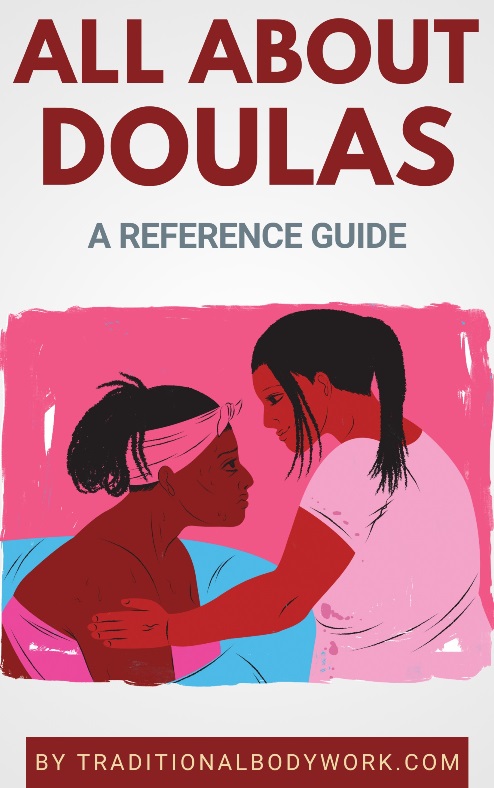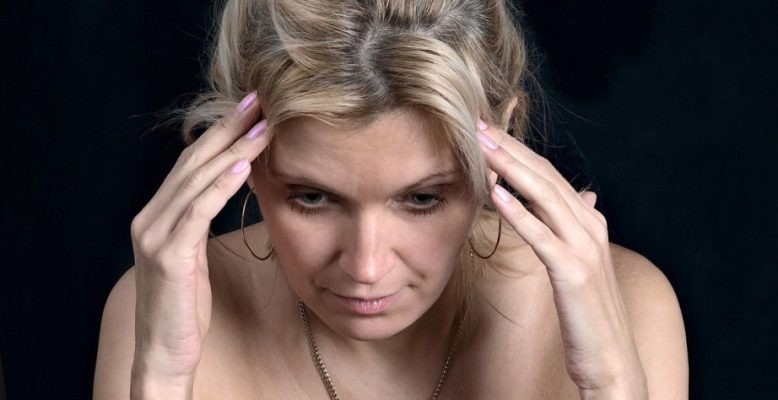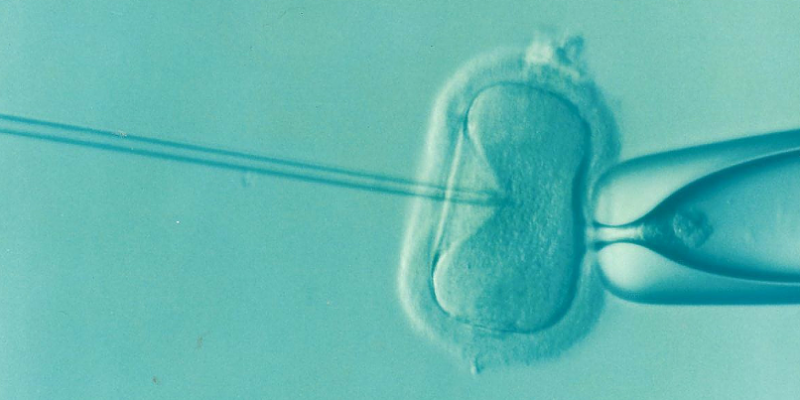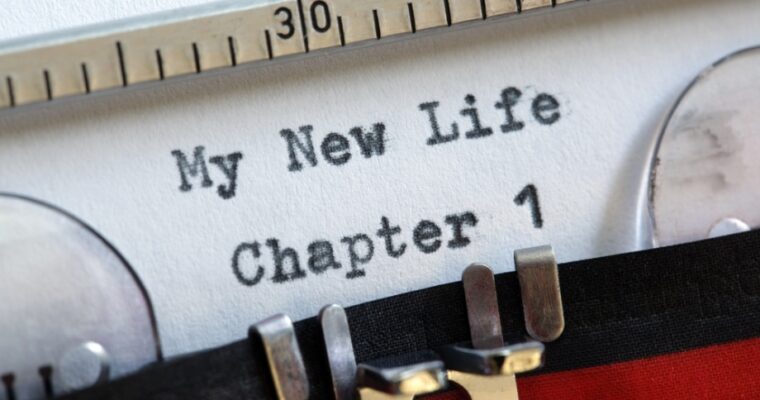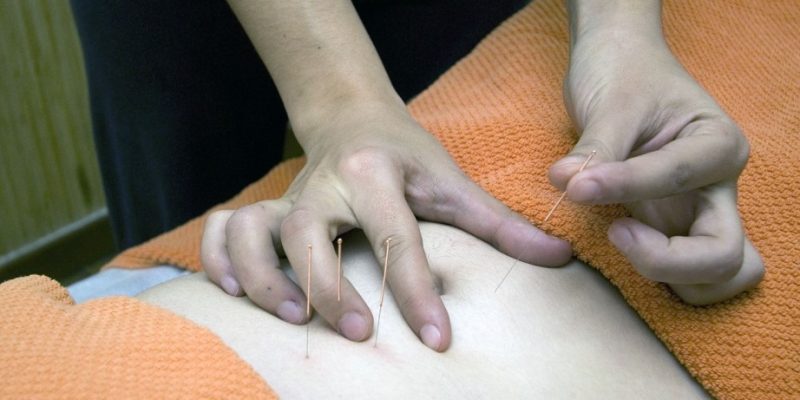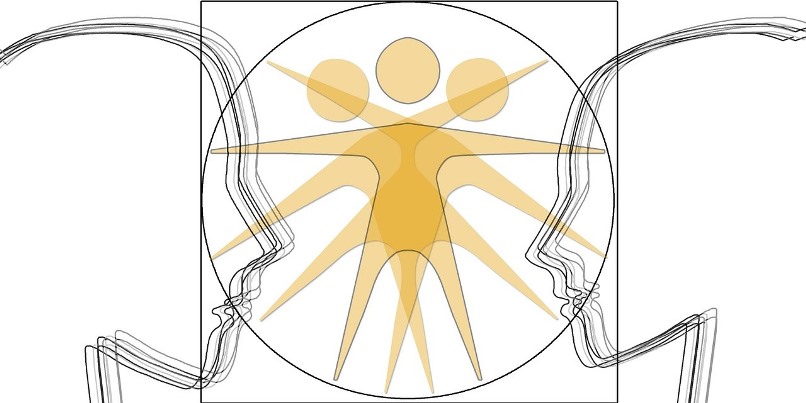
One of the main objections of Modern Medicine against Traditional Medicine is that Traditional Medicine is largely unscientific. That is, unscientific measured according to what is thought to be scientific in our contemporary society.
To make a very long story short, in the terms of modern medical science, any treatment that cannot give repeatable results in identical situations is considered to be unscientific, or even a form of quackery i.e. charlatanism.

On the other hand, from out the practice of Traditional Medicine, the main objection against Modern Medicine is that it usually only treats the symptoms of an illness or discomfort, instead of looking at the broader context in which health issues occur. That is, one finds that Modern Medicine doesn’t work holistically, being a reason why treatments are not always successful, or worse, bring about all kinds of unwanted side effects i.e. new illnesses or discomforts.
But let’s take a practical example to illustrate the perceived differences between working in a holistic way or not, in this case looking at the way one may handle infertility.
So, let’s say a woman doesn’t ovulate. In Modern Medicine, fertility specialists would be quickly inclined to prescribe fertility medication (to induce the production of certain hormones) as a means to come to egg ripening and subsequent release from the ovaries. This is a typical example of only looking at the symptoms, in this particular case: an egg that doesn’t ripen and releases.
Now, from out a holistic point of view this would be a too narrow approach. The question that needed to be asked first, is why there’s no egg ripening and release? There can have many causes, including hormonal imbalances, but even then, the question is again why there are hormonal imbalances.
Well, perhaps the body (the uterus or endometrium) is not ready or capable to receive a fertilized egg. Mind that the body has its own intelligence. So, if the uterus is not capable to nurture an embryo, then the problem is the uterus, not the ovaries. You see? Of course, then the next question is why there’s a problem with the uterus?
So, maybe there’s not enough blood circulation, which can again have many causes, such as lifestyle (for instance, overweight), tensions and blockages in feeding tissues caused by trauma, stress or anxiety, and so on. Or maybe there’s something wrong anatomically, and what not.
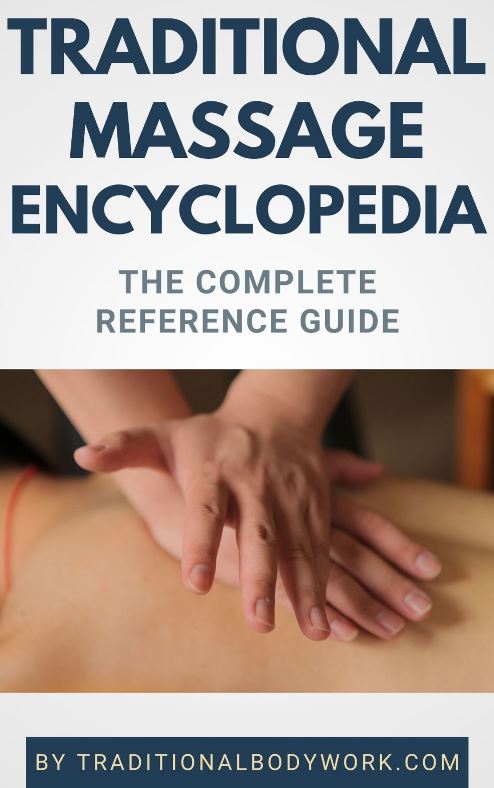
The point is that from out the perspective of Traditional Medicine, many different aspects are tried to be taken into account, that is, the whole person as a mental, emotional and physical unity, where the different parts of a human being are seen as interacting with each other, say, influencing each other. The apparent symptoms of an illness or health problem may only be partly related to the actual root cause.
But let’s go back to the solution given by Modern Medicine in our example. So, by giving fertility medication we force egg ripening and release, but when the woman doesn’t get pregnant or if she has a miscarriage we need to look further. Apparently, the lack of ovulation wasn’t the problem. In the meantime we may have created further imbalances in the body by forcing the release of certain hormones, which may have certain unwanted side effects.
You see, I don’t make a case here for Traditional Medicine as the only possible solution, not at all. In fact, in particular cases of infertility the only option to help would be medication or surgery, for instance. What it is about is that it would be better, generally, if specialists from both modern and traditional disciplines would look at an infertility problem approaching healing and solutions as an interdisciplinary activity. That alone already, would make handling infertility a more holistic practice, and most likely also more successful.


